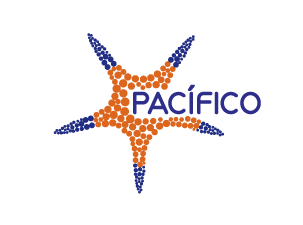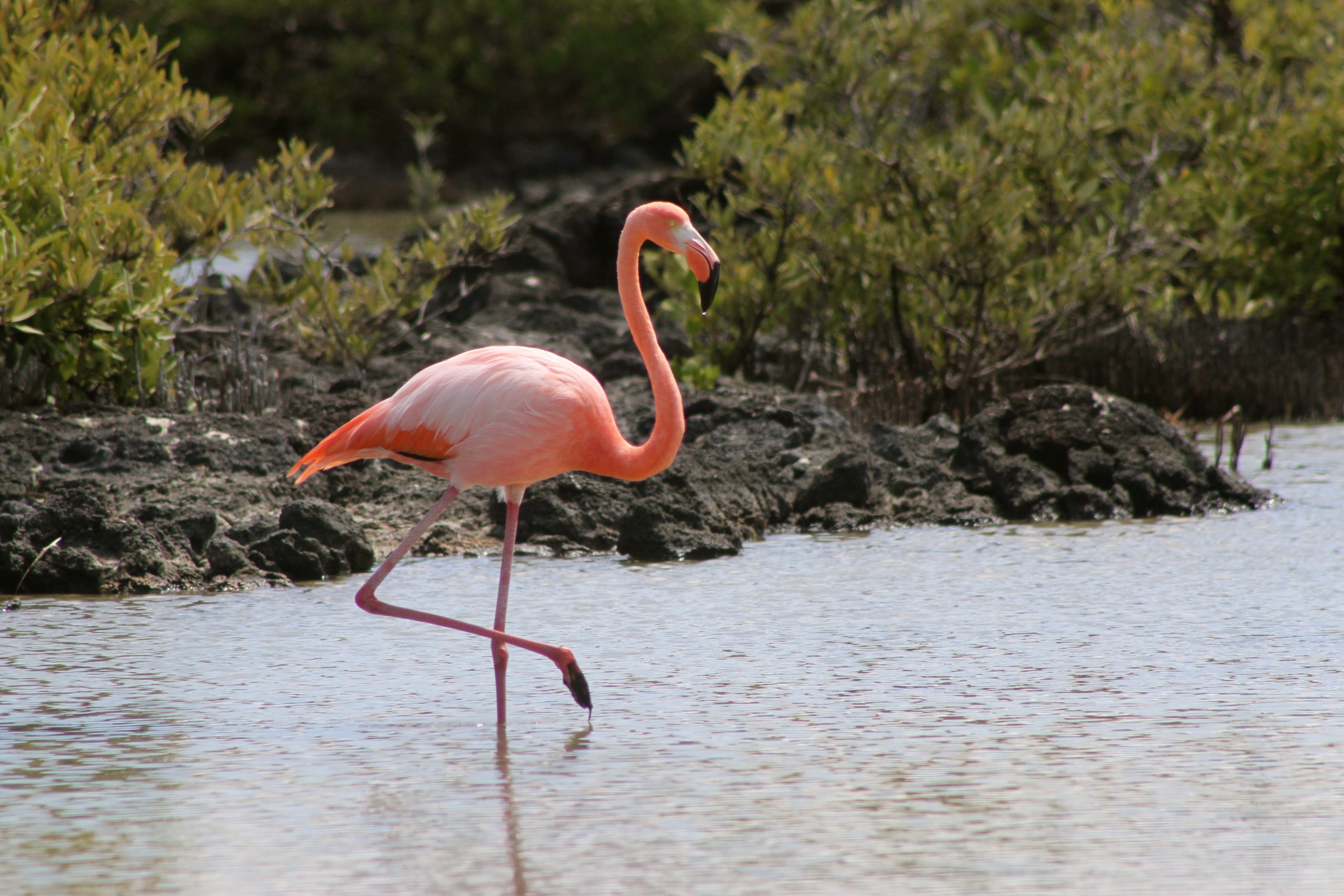Marine resource conservation can be promoted through different strategies such as education, working with communities, blue economy initiatives, reducing water pollution, marine protected areas, regulations for marine natural resource use, rules for fishing, tourism, maritime transport and mining, among other activities. This is not enough, however, and must go hand in hand with compliance of the above mentioned measures. It is important to implement transparency, surveillance, and enforcement mechanisms that conform to each country’s legislation, as well as at a regional level.
PACIFICO collaborates with several key stakeholders and, in particular, with the Ministries of Public Security, Defense, and Environment, in order to increase joint collaboration between the governments of Costa Rica, Colombia, Panama, and Ecuador to implement transparency, surveillance, and regional enforcement of appropriate marine resource use in the ETP.
It is important to highlight the support of the non-profit Global Fishing Watch (GFW), committed to advancing ocean sustainability through transparency. This organization maintains an online platform with a global map that shows routes of fishing fleets. Free and open access to this database allows governments, commercial industries, and the general public to track fishing in their waters and, make more informed management decisions.
PACIFICO and GFW signed an MOU that promotes transparent governmental vessel monitoring system (VMS) data on the GFW platform.
Actions achieved through the GFW – PACIFICO alliance:
- Signed agreement between the Aquatic Resources Authority of Panama (ARAP) and GFW so that Panama became the first country in this region to transparently share its VMS data on the GFW platform.
- Coordination among entities such as the Costa Rican Institute of Fisheries and Aquaculture (INCOPESCA), to promote sharing VMS data in the GFW platform.
- Collaboration in two workshops with the Colombian Bureau of Illegal Fishing to share information on the various existing platforms and support them in the coordinated enforcement of illegal fishing, nationally and regionally.
- Holding a workshop in Ecuador with representatives of Galapagos National Park, Cocos Marine Conservation Area, WildAid, FAICO and PACÍFICO on enforcement and surveillance, to promote regional and bi-national agreements in this field.

